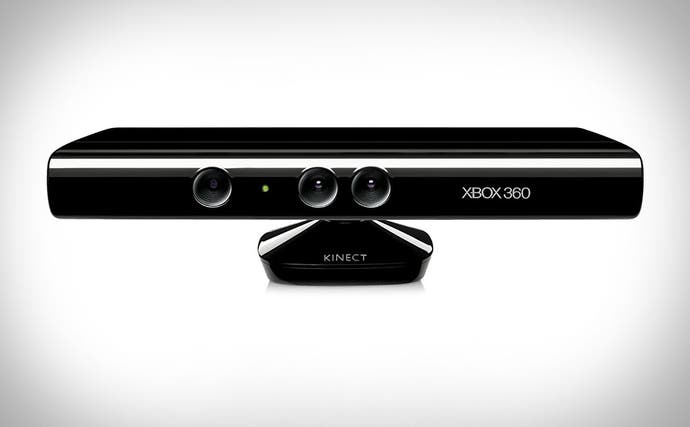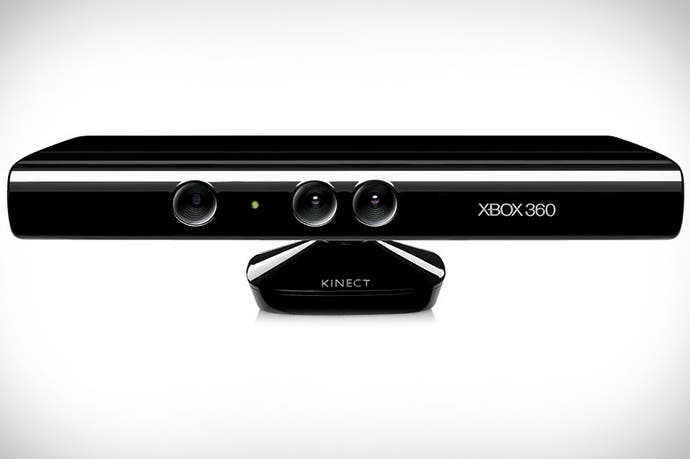Microsoft and the US military are using Kinect to aid veterans with physical therapy
Could be used for online post-traumatic stress disorder group therapy too.
Microsoft is working with the US military to create Kinect software that will help veterans perform physical therapy at home.
The software giant is collaborating with the US Air Force to define requirements for a Kinect-based therapy system, Defense News reports. Microsoft is also discussing the technology with the Army's Communications-Electronics Research, Development, and Engineering Center.
“Microsoft is committing R&D and marketing resources to ensure that the [Defense Department] community is aware of the capabilities of the product,” said Microsoft's director of public sector solutions Phil West.
Two of the main advantages to Kinect-based physical therapy is that it's inexpensive and convenient. “Some folks may not have access to a [Veterans Affairs] facility just because they were reservists and may not live near an Army base,” West said.
It was also noted that the PC version of Kinect costs a mere $200 and features better facial recognition than its Xbox 360 counterpart. Even with a few hundred extra dollars for a computer that comes down to a negligible amount in comparison to hospital visits.

Currently Microsoft is using the same version of Kinect available to civilians, but it may make a specialised military one in the future.
“I could see the commercial market wanting to gather and track different ranges of movement for a wider range of age groups, whereas the military may elect to specialise a regimen based upon a soldier's targeted service arena,” West explained.
Currently Kinect can be used with ReMotion360 physical therapy software which scans one's body then asks the user to mimic the positions of a stick-figure skeleton.
Elsewhere, Microsoft is exploring the notion of creating Kinect-based anonymous online group therapy sessions for those suffering from post-traumatic stress disorder.
“They can use avatars, which allows anonymity, but also allows for representatives who are therapists or licensed psychiatrists to connect with them,” West explained. “Therapists can say, 'I know who you are because I have your case file. No one else in the room has to see in your face.' It gives a way to engage and talk through problems while preserving anonymity.”

